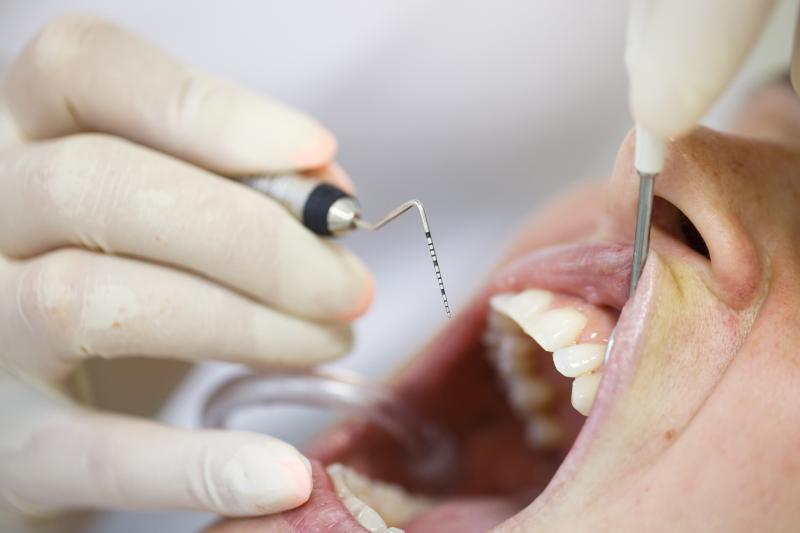
A diet that is considered pro-inflammatory appears to increase the risk of oral cancer, according to a recent study in Fujian Province, China.
The authors performed a case-control study to assess the role of the potential inflammatory effects of diet using the Energy-adjusted Dietary Inflammatory Index (E-DII) for oral cancer. They included 295 oral cancer patients and 425 control from Fujian Province from September 2010 to June 2018.
The E-DII was calculated based on the food frequency questionnaire (FFQ) and adjusted by total energy intake. Unconditional logistic regression model was used to estimate the association between E-DII and the risk of oral cancer.
Participants with E-DII score in the highest quartile had a greater risk of oral cancer (odds ratio, 2.57, 95 percent CI, 1.54–4.29; ptrend=0.013) compared to those with E-DII score in the lowest quartile. When analyses were done using E-DII as a continuous variable, a one-unit increase in E-DII led to a 3-percent increase in the risk of having oral cancer (95 percent CI, 1.00–1.06).
In addition, a significant association was observed between the E-DII and oral hygiene for oral cancer (pinteraction<0.001 in those without and with poor hygiene; OR, 1.96, 95 percent CI, 0.96–4.00 and OR, 4.23, 95 percent CI, 1.83–9.81, respectively).
“More large samples and prospective studies need to validate our results and explore the prevention strategies of oral cancer via changing dietary habits,” the authors said.